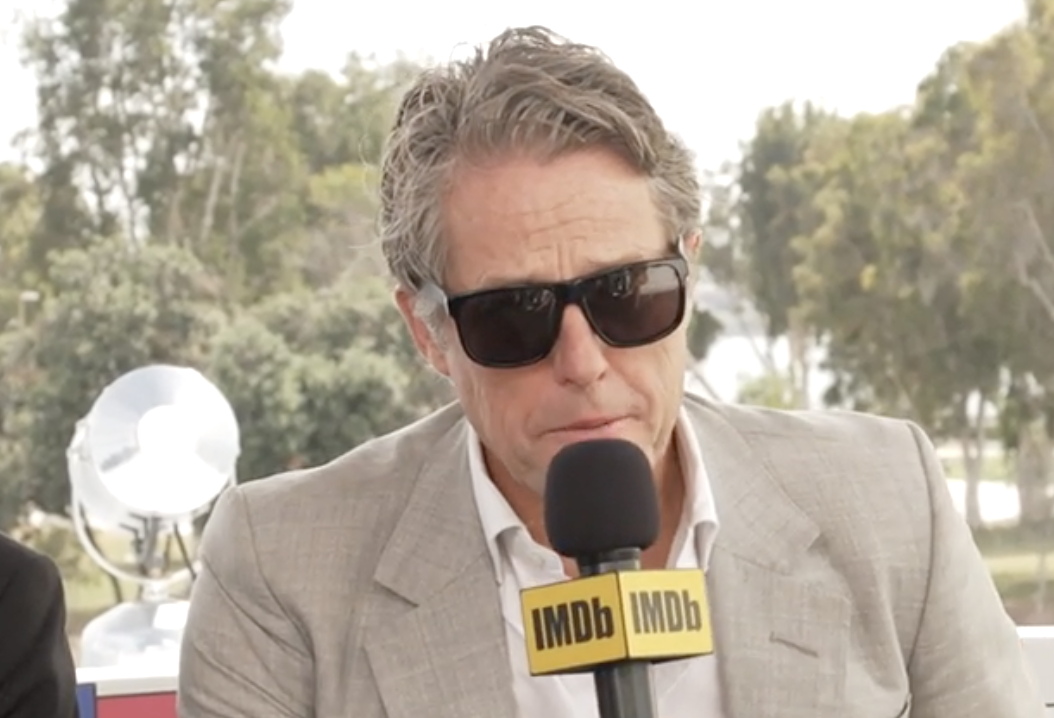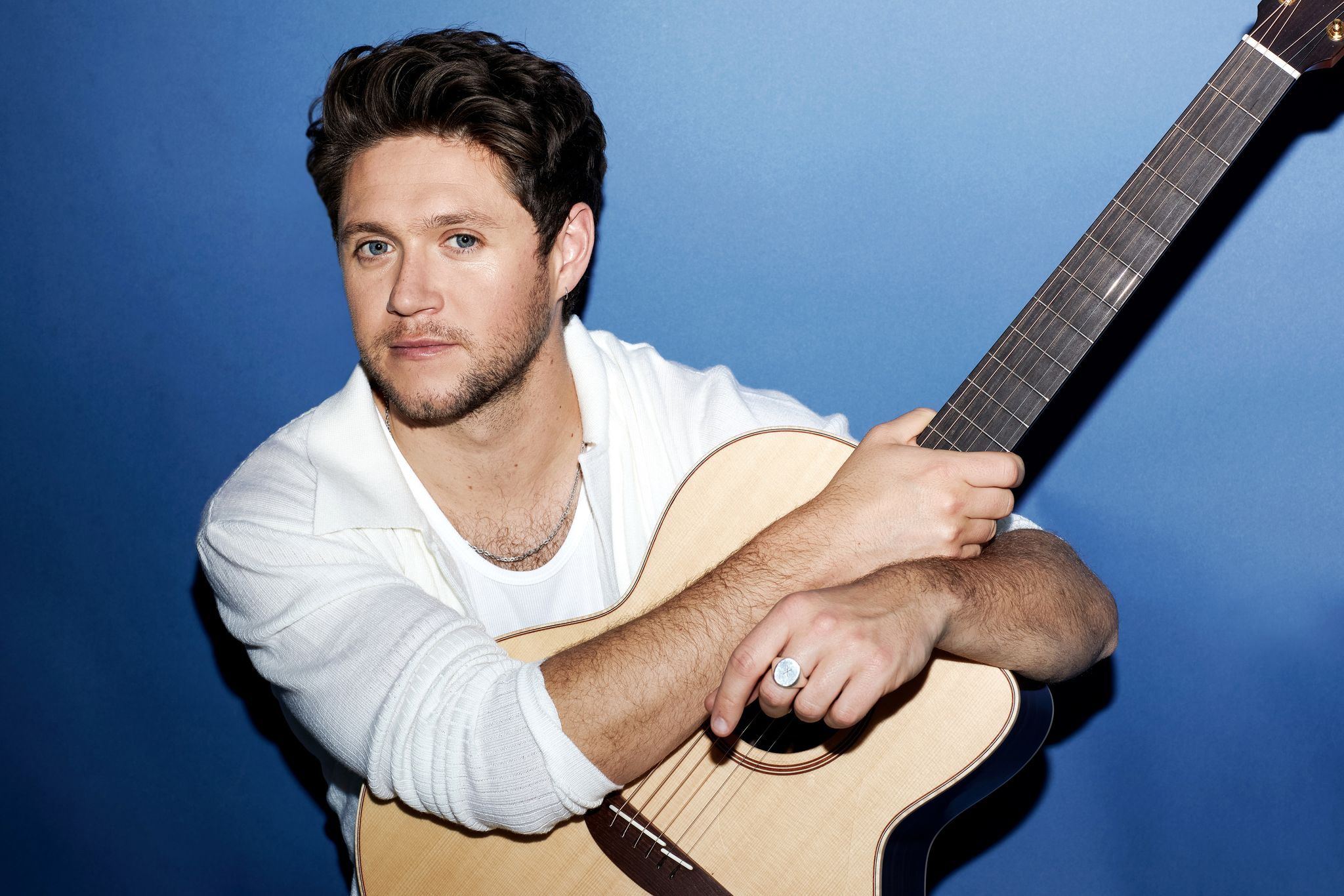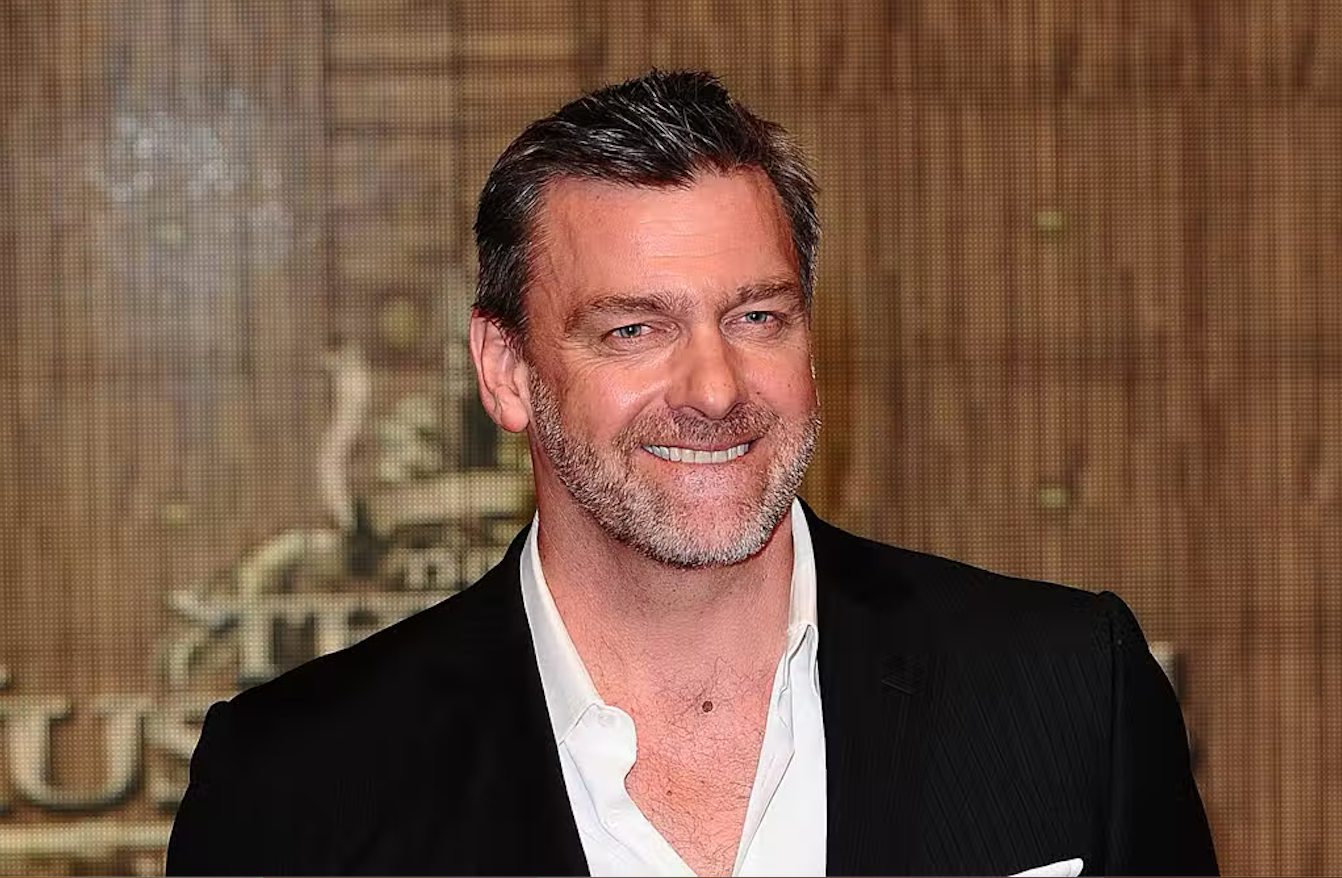Digital safety advocates have expressed their support for acclaimed actress Kate Winslet's plea to authority figures to enact laws against damaging digital content. This statement was made during her acceptance speech at the Bafta awards, coinciding with ongoing discussions in the UK Parliament about legislation to regulate social media platforms.
Winslet recently garnered the television award for her role in the Channel 4 drama "I am Ruth," where she portrayed a mother struggling with her teenager's mental health issues, which were caused by exposure to harmful content online. In her acceptance speech, Winslet emphasized the need to protect the younger generation from the detrimental effects of social media.
Her passionate plea came on the back of her portrayal in the award-winning drama alongside her real-life daughter, Mia Threapleton, with Winslet expressing a heartfelt desire to "bring our children back." Addressing those with the power to effect change, she implored them to legislate against damaging content online.
The Molly Rose Foundation, a group set up by the family of Molly Russell, a teenager who tragically committed suicide in 2017 after encountering self-harm and suicide-related material on social media, has echoed Winslet's sentiments. The foundation called for the government to heed the increasing number of concerned parents and implement robust laws to protect young individuals from harmful digital content.
Citing Prince William's call for enhanced online protection for children in the wake of Russell's death, the foundation's spokesperson stated that the concern for children's safety in the digital space transcends social status. The spokesperson also highlighted the dangerous role of tech platforms' algorithms in exposing vulnerable youth to harmful content.
There is an ongoing push for the government to pass an online safety bill that adequately addresses the scope of the issue. This proposed legislation would obligate tech firms to take measures to protect children from harmful content. However, attempts to bolster the bill are currently underway in the House of Lords.
A bipartisan group of peers, guided by former culture secretary Nicky Morgan, are proposing a series of amendments. These include sanctions, such as up to two years' imprisonment for social media executives who consistently violate the proposed regulations.
Online safety advocate Beeban Kidron praised Winslet for echoing the concerns of parents and children. She expressed concerns about government resistance to amendments aimed at strengthening age-checking regulations and incorporating children's rights into the bill's text.
The NSPCC echoed Winslet's sentiments, stating her comments would reverberate among parents nationwide. Rani Govender, the NSPCC's senior child safety online policy officer, stressed the need for regulation to align the tech sector with other industries, ensuring safety measures for young users.
A government spokesperson assured that the proposed "world-leading" online safety bill would safeguard children across various platforms, including social media, video-sharing sites, and search engines. Companies violating the act could face penalties up to 10% of their global turnover. The spokesperson reaffirmed the government's commitment to shielding children from harmful content and behaviour, such as bullying.









